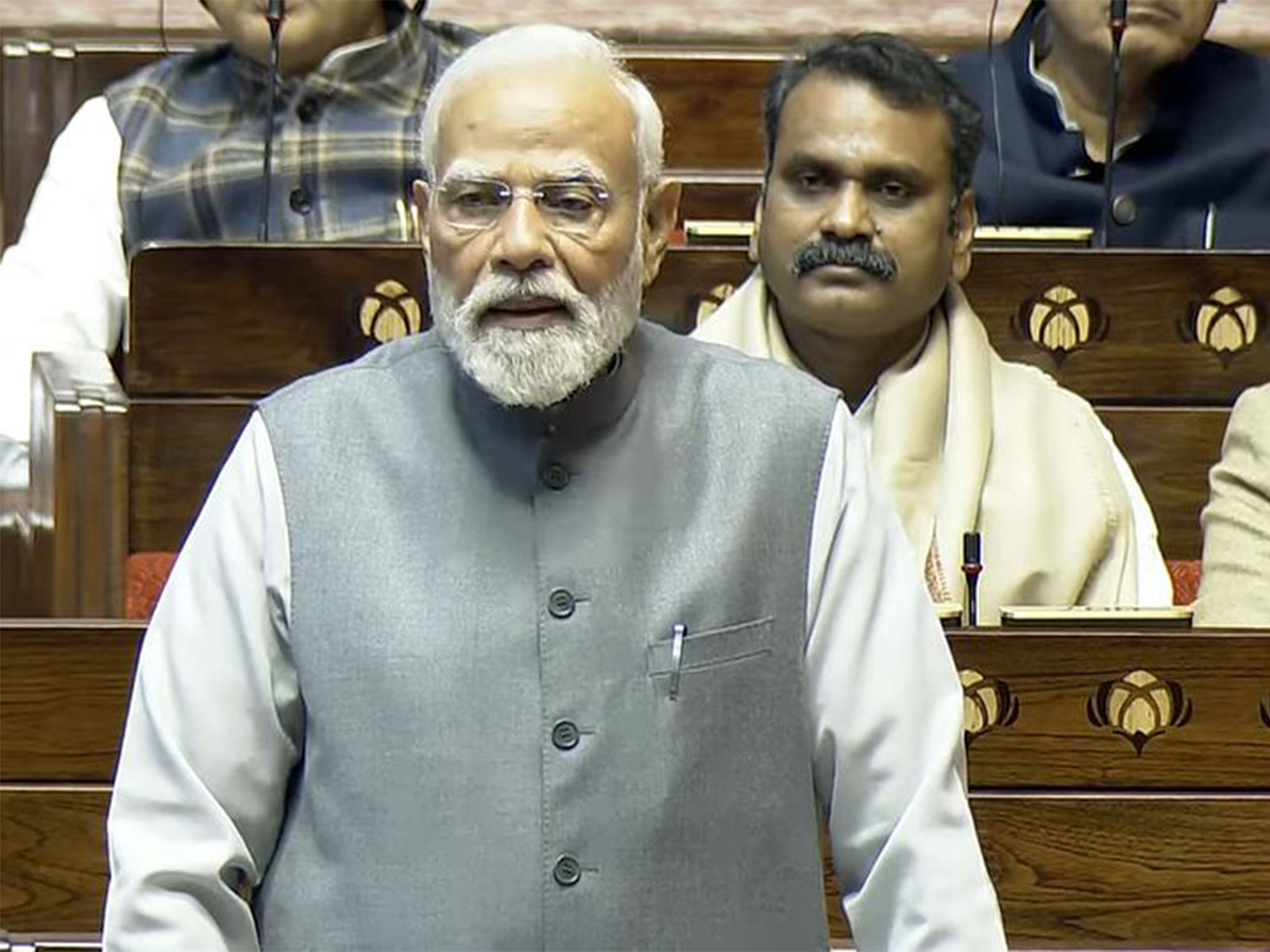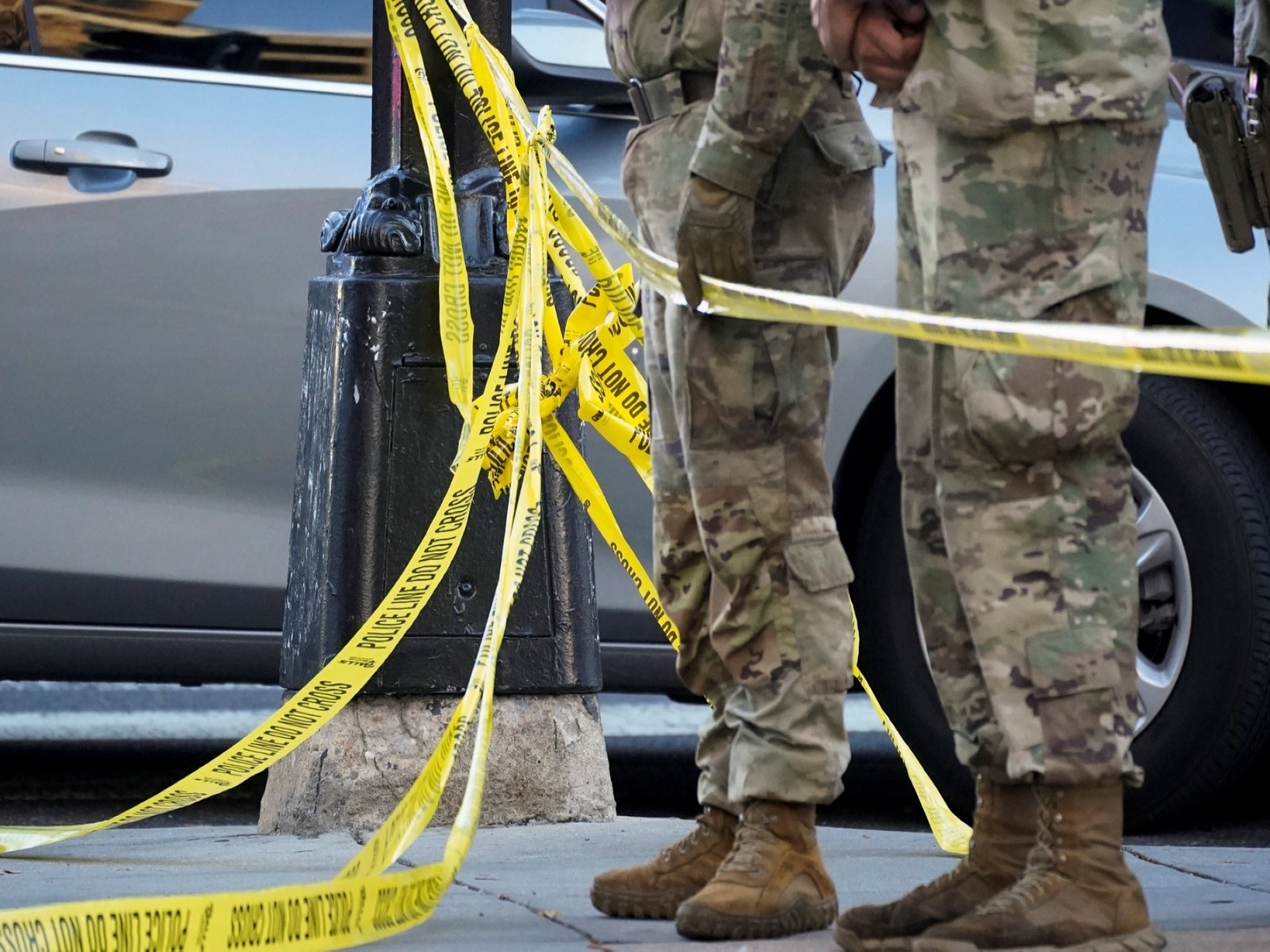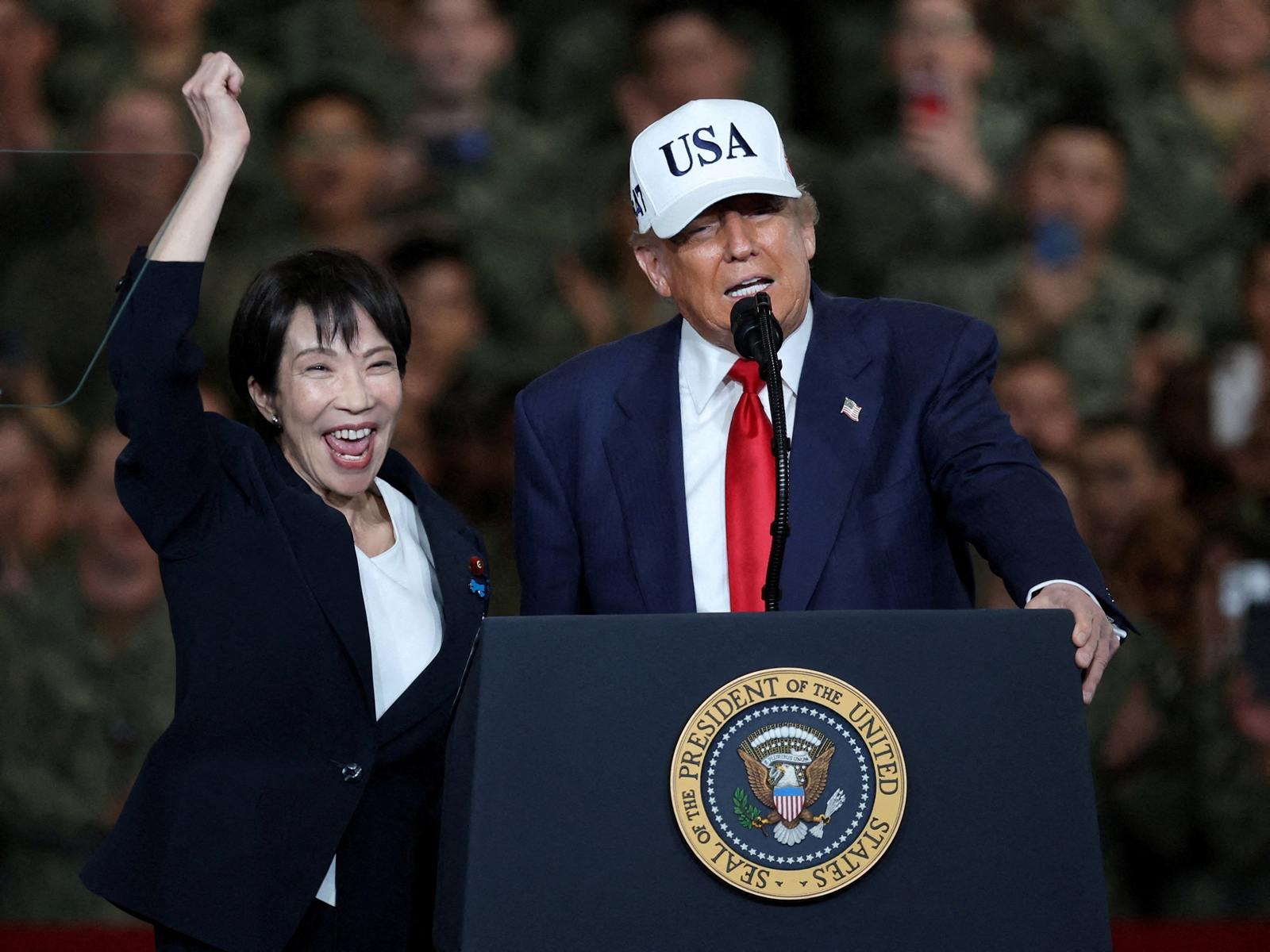Pakistan is provoking India on Kulbhushan Jadhav. Question is 'why'

Pakistan has indicated that Kulbhushan Jadhav is facing multiple cases and a case is currently going on against him on terrorism and sabotage charges. It has sought to clarify that the case in which he was convicted and sentenced to death related to espionage. In that case Jadhav’s mercy petition is pending before the Pakistani authorities.
Pakistan has ‘leaked’ this information through a source-based report in Dawn, the country’s highly respected and newspaper ‘of record’. It is clear that the ‘leak’ is deliberate for it adds to information publicly available in the documentation of the Jadhav case before the International Court of Justice (ICJ).
The Dawn report mentions that Pakistan has sought access to 13 Indians in connection with the Jadhav case. In May 2017, during the ICJ hearing, on India’s plea that Pakistan be advised not to carry out the death sentence against Jadhav, its counsel had first revealed that Pakistan wants access to 13 Indians in connection with the Jadhav investigations.
The case records showed that Pakistan had forwarded a communication through a diplomatic note in January 2017 in which it had given a list of the individuals it wished to examine.
It is noteworthy that India had not given the court the communication containing the list though it had given it a copy of the diplomatic note as part of the correspondence exchanged between the two countries. On its part, Pakistan had, confidentially, given a copy of the communication to the judges but had not made it a part of the formal case record.
Both countries did not reveal the contents of the communication because it would have embarrassed the persons named in it. More importantly, it would have made any diplomatic resolution of the issue far more difficult.
Surprisingly, Pakistan has now chosen to leak the name of National Security Advisor Ajit Doval in the Dawn report as being part of the 13. The report also mentions that a former RAW chief (though his name has not been mentioned) is among the 13 as are other intelligence officials, bankers and passport officials.
The only other time Pakistan had mentioned Doval’s name was in March 2016 when it had announced Jadhav’s arrest at a press conference. Clearly the renewed mention of Doval is provocative and a deliberate signal to India.
The Dawn report claims that India has been “stubbornly uncooperative” in giving access to the 13. The entire Jadhav case is a propaganda exercise for Pakistan. It is meant to show that India undertakes sabotage and terrorism in Balochistan and other parts of Pakistan.
It can therefore hardly be expected that India will assist Pakistan to promote its propaganda. The Indian approach has been correct. It has wisely refused to accept the bait that Pakistan had dangled when it had held out the possibility of giving consular access to Jadhav if India cooperated in giving access to the thirteen.
WHY THIS
Pakistan claims, through the Dawn report, Jadhav had exited Delhi and Mumbai 18 times on his so-called Mubarak Hussain Patel passport. The Pakistanis are therefore raising the question of how he could have done so if the passport was a fake.
The Pakistanis have also leaked that they have asked for Jadhav’s navy file and papers relating to the deposit of his pension in the bank. Obviously, the implication is that as India is not making this available, Jadhav is a serving officer.
There is simply no way in which any Indian government department or agency would have sent a serving naval officer for undertaking the kind of activities Pakistan have attributed to Jadhav. Certainly, no serving officer could have continued in such an assignment for almost a decade and a half.
Jadhav’s service status, as serving or retired, is perhaps not germane to the case before the ICJ. India has gone to the ICJ on a point of international law. It has asked the court to uphold the principle that under the Vienna Convention on Consular Relations a country has the unfettered right of access to its national in the custody of another country.
The denial of this right irreparably vitiates any judicial proceeding against such a person. Pakistan is emphasising that Jadhav is a serving officer perhaps to show that the Vienna Convention does not apply to him.
It is, however, stressing this more to serve its propaganda objective so that India, in the eyes of the international community can be dragged down to its level. It will be prudent for Indian diplomats to consider how to counter this part of Pakistan’s propaganda if an occasion arises when it has to be met.
For the time being Pakistani propaganda is not making headway. In any event the service file of a defence service officer can never be given to another country. The pension payment papers of any government officer, civilian or belonging to the defence services, are also not a concern of a foreign country. Hence, innovative ways will have to devised when necessary by Indian diplomats.
The judicial proceedings against Jadhav for terrorism and sabotage are presumably going on in military courts as did the espionage case. These are kangaroo courts and lack credibility. These proceedings suffer from the same infirmities as did the espionage case. A favourable judgment at the ICJ would vitiate these proceedings too.
Why now
Indian policy makers will have to consider why the Pakistan Army has sought to provoke India at this stage. This is especially as the National Security Advisors (NSA) to the two countries had met in Bangkok six weeks ago on 26 December.
Surely, it is not the best way to keep the NSA channel open by accusing the Indian NSA of being suspected of handling Jadhav. Is the Dawn leak therefore an attempt at closing the NSA channel?
As Pakistan is under great pressure from the United States, is the leak designed to divert attention from the troubles in the US-Pakistan and Afghan-Pakistan relations to the India-Pakistan track at a time when emotions are rising in both countries on account to the situation along the Line of Control and the International Border in Jammu and Kashmir?
Edited by Joyjeet Das
First published: 6 February 2018, 19:00 IST





![BJP's Kapil Mishra recreates Shankar Mahadevan’s ‘Breathless’ song to highlight Delhi pollution [WATCH] BJP's Kapil Mishra recreates Shankar Mahadevan’s ‘Breathless’ song to highlight Delhi pollution [WATCH]](https://images.catchnews.com/upload/2022/11/03/kapil-mishra_240884_300x172.png)

![Anupam Kher shares pictures of his toned body on 67th birthday [MUST SEE] Anupam Kher shares pictures of his toned body on 67th birthday [MUST SEE]](https://images.catchnews.com/upload/2022/03/07/Anupam_kher_231145_300x172.jpg)






